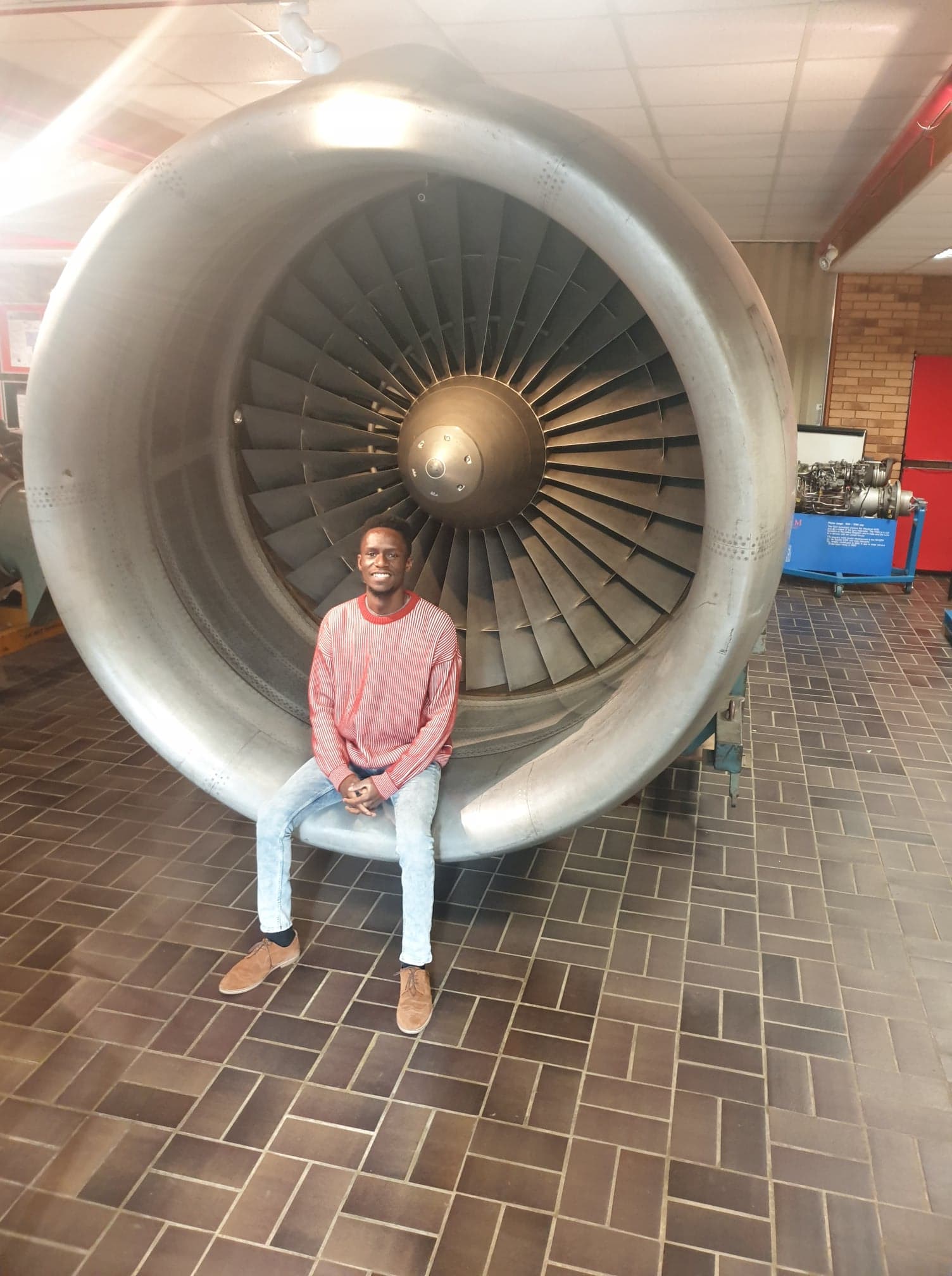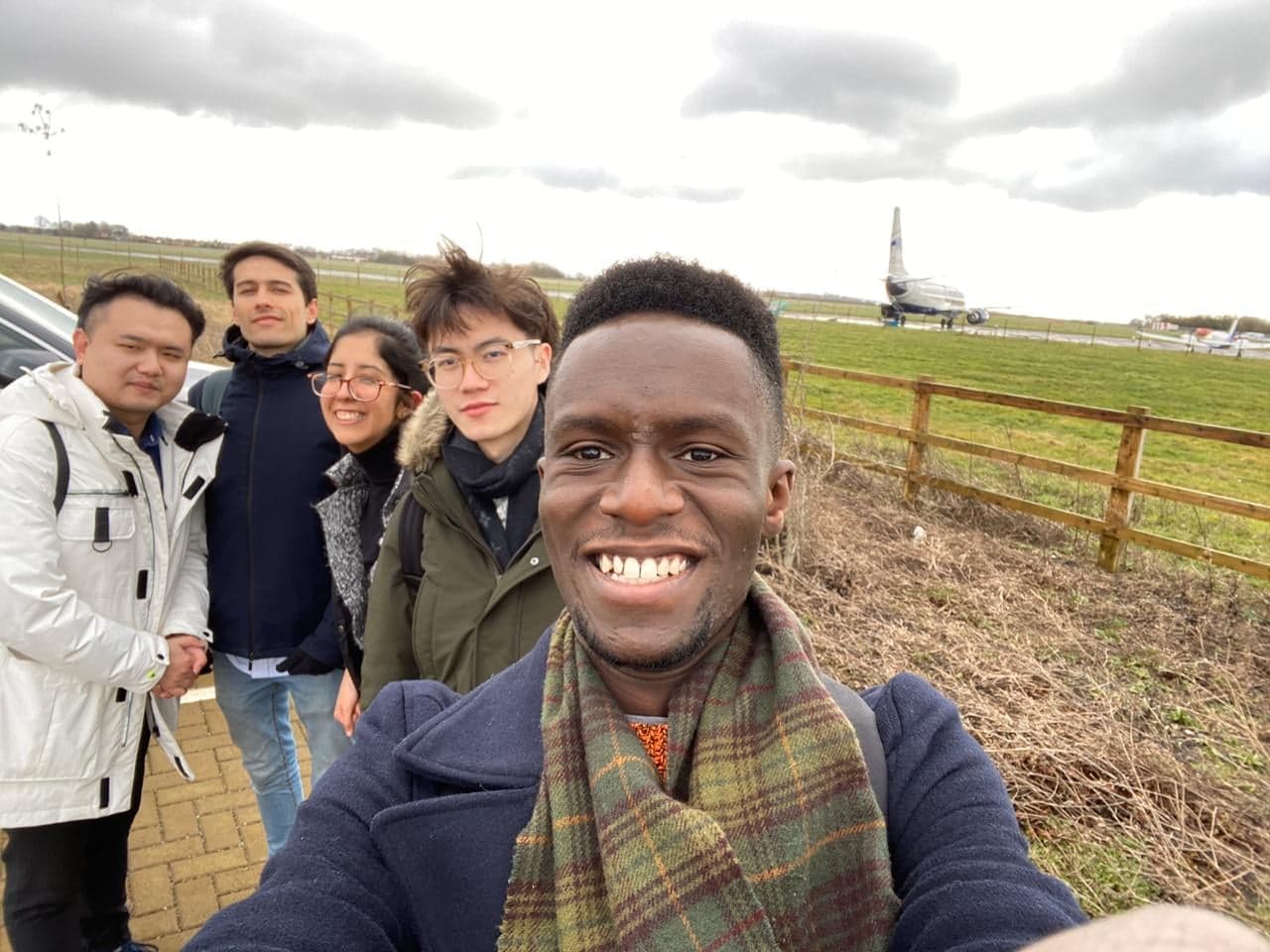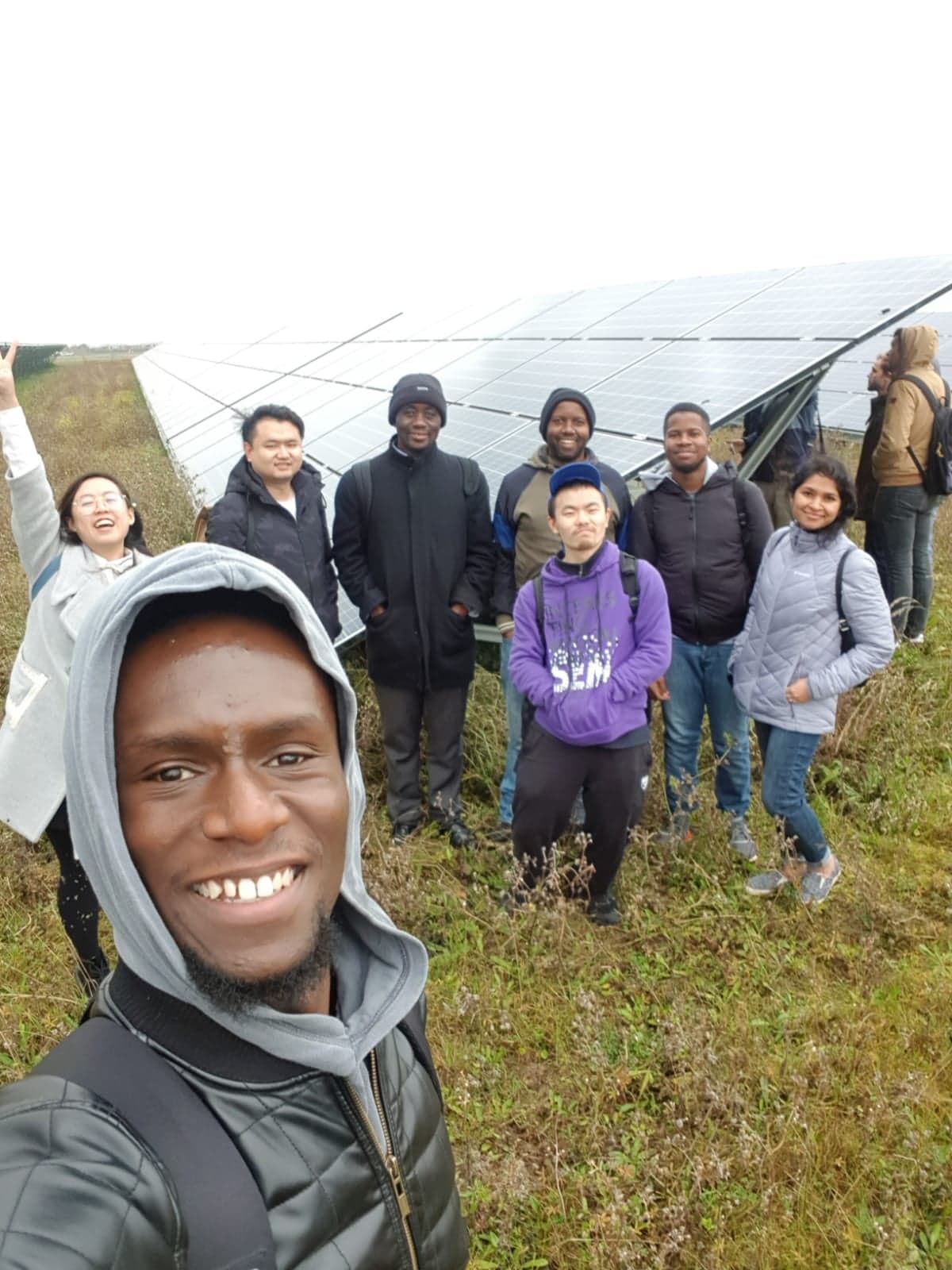About my life at Cranfield University!
12/05/2020

From the moment I arrived at Cranfield for an open day back in November 2018, I immediately felt that coming to this University would have a positive influence on my career, and my decision to apply for a place at Cranfield was made that very day. Walking into the Vincent building and being greeted by very friendly members of staff also encouraged my decision. At the open day, from the moment I walked in, to the moment I left it was apparent that this was more than just a University. The day consisted of a talk on the topic I was looking at studying (Renewable Energy) and a tour of the campus, including the Anaerobic Digestion plant and the Cranfield Student Association (arguably the more important part of the tour). By the end of this tour, I made it my priority to apply for a place of study on the next intake (2019-2020).
Fast forward 11 months, Cranfield would become my place of study. Since October 2019, through various assignments including Energy Economics and Policy, where we studied the economics of energy and renewable energy technology, where we covered different renewable energy generating sources, our lecture content was put to test. It has been a journey of constant development which has opened my mind to different aspects of the energy sector.

The second half of the course consisted of three applied modules, lasting two weeks each. Week one focused on lecture content followed by applying knowledge obtained in those lectures in the form of a presentation at the end of week two. This was the half in which students were able to demonstrate their group working skills.
The order in which the modules ran really helped prepare for the third phase of the course, group project. This is the phase which is currently taking place and it is exciting to say the least. Students work in groups of mixed discipline, predominantly focusing on renewable technology or renewable related projects. Most projects are also funded by a company who are looking to implement the findings. This is a great way of making sure students put their best efforts into the project.
The remaining phase of my Cranfield journey is the Individual Project phase. I am very much interested in grids of the future, microgrids and looking at how artificial intelligence (AI) can support the transition from a fossil fuel bias grid to a more renewable and sustainable, greener grid.

Categories & Tags:
Leave a comment on this post:
You might also like…
Keren Tuv: My Cranfield experience studying Renewable Energy
Hello, my name is Keren, I am from London, UK, and I am studying Renewable Energy MSc. My journey to discovering Cranfield University began when I first decided to return to academia to pursue ...
3D Metal Manufacturing in space: A look into the future
David Rico Sierra, Research Fellow in Additive Manufacturing, was recently involved in an exciting project to manufacture parts using 3D printers in space. Here he reflects on his time working with Airbus in Toulouse… ...
A Legacy of Courage: From India to Britain, Three Generations Find Their Home
My story begins with my grandfather, who plucked up the courage to travel aboard at the age of 22 and start a new life in the UK. I don’t think he would have thought that ...
Cranfield to JLR: mastering mechatronics for a dream career
My name is Jerin Tom, and in 2023 I graduated from Cranfield with an MSc in Automotive Mechatronics. Originally from India, I've always been fascinated by the world of automobiles. Why Cranfield and the ...
Bringing the vision of advanced air mobility closer to reality
Experts at Cranfield University led by Professor Antonios Tsourdos, Head of the Autonomous and Cyber-Physical Systems Centre, are part of the Air Mobility Ecosystem Consortium (AMEC), which aims to demonstrate the commercial and operational ...
Using grey literature in your research: A short guide
As you research and write your thesis, you might come across, or be looking for, ‘grey literature’. This is quite simply material that is either unpublished, or published but not in a commercial form. Types ...






